Nigerian rapper Tochukwu Gbubemi Ojogwu, widely known as Odumodublvck, found himself engaged in a heated exchange with several female fans who took offence at the lyrics of his latest song.
Odumodublvck collaborated with Shallipopi on the track titled Cast, where he made controversial remarks about women’s financial dependence on men.
The contentious lyrics in question went, “If she no sck o, if she no fck, who go pay for her wig and handbag.”
A Twitter user identified as @Tiana_kriss expressed her dismay, condemning the song as the most disgusting she had heard all year. She urged fellow women to strive for financial independence, declaring, “I need my ladies to work hard and get their money up so no looser will tell you this kind of crp.”
“If she no suck o, if she no fuck, who go pay for her wig and handbag” is the most disgusting song I’ve heard all year.
I need my ladies to work hard and get their money up so no looser will tell you this kind of crap
— ABUJA FOOD VENDOR (@Eat_kris) November 26, 2023
However, instead of addressing the concerns raised by @Tiana_kriss, Odumodublvck chose to retaliate on his own terms. He responded with a tweet from the user’s past, wherein she had advised women to let men pay for their expenses. The rapper simply captioned his reply with “Wahala,” highlighting a screenshot of @Tiana_kriss’s previous statement.
Another user with the handle @ore_akiinde chimed in, criticising Odumodublvck’s response to the woman’s complaint. She noted, “A woman is complaining that your lyrics are degrading to women, and your luminous idea is to sl*t shame her as a response. Very telling.” In a similar fashion, Odumodublvck fired back by sharing a screenshot of @ore_akiinde seemingly endorsing the rapper’s lyrics in a playful manner.
A woman is complaining that your lyrics are degrading to women and your luminous idea is to slut shame her as a response. Very telling. https://t.co/pK526B0tCO
— Crochet Creator🧶 (@Ore_akiinde) November 27, 2023
The exchange on social media has ignited a broader conversation about the portrayal of women in music and the responsibility artists bear in shaping societal attitudes. Critics argue that Odumodublvck’s response to the female fans’ concerns further perpetuates the contentious narrative presented in his song, while supporters contend that artists have the right to express themselves creatively, even if it sparks controversy.



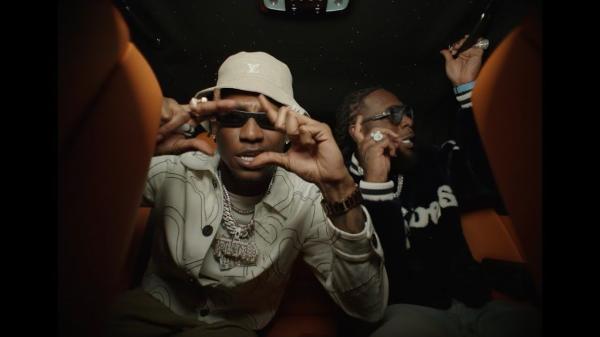


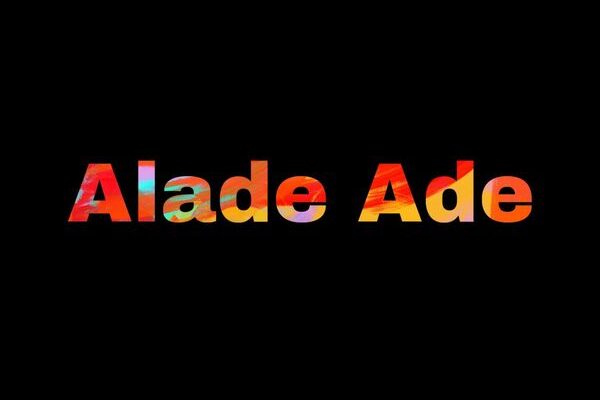
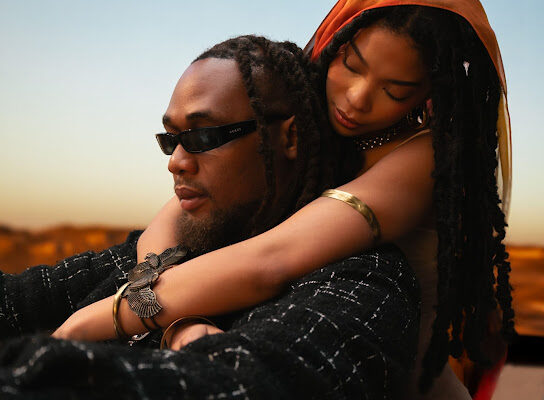
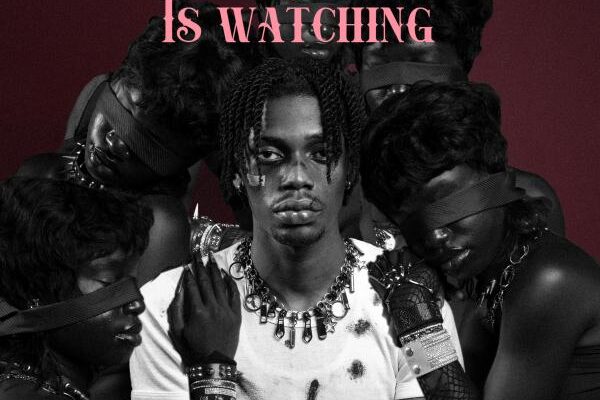
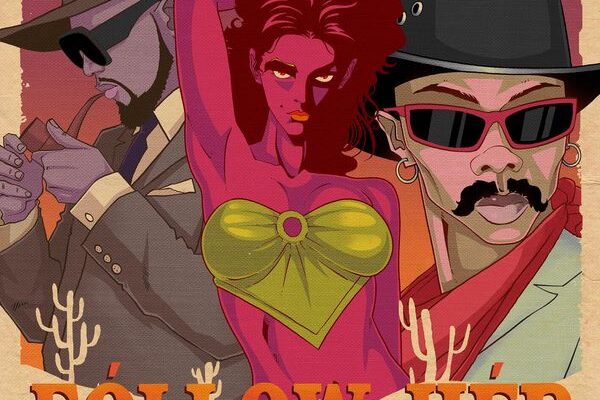
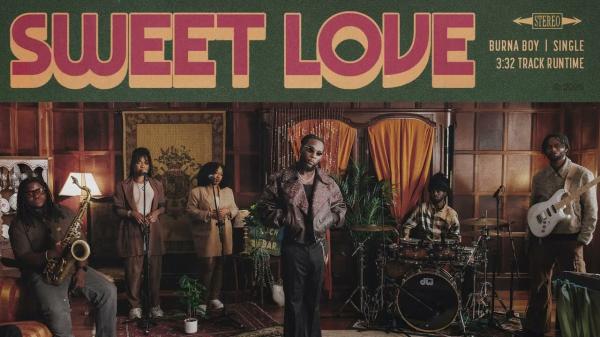
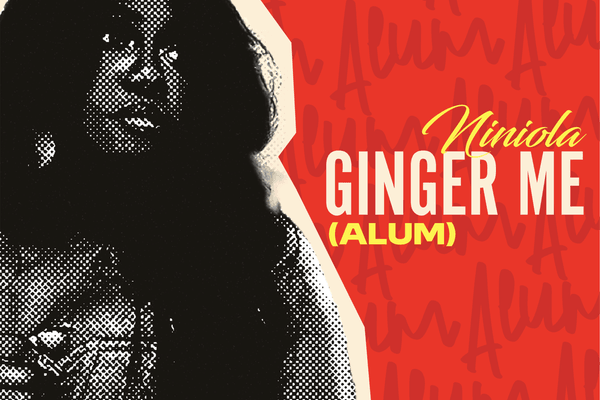
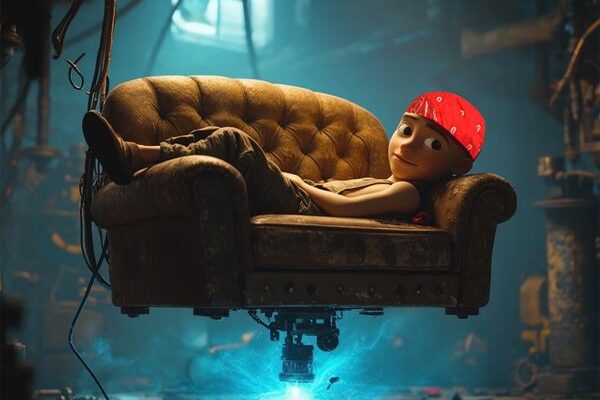
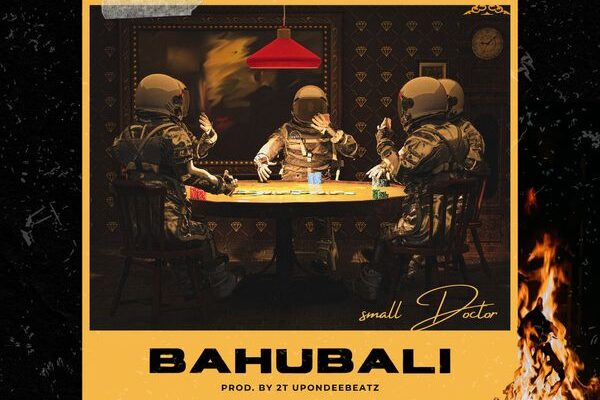
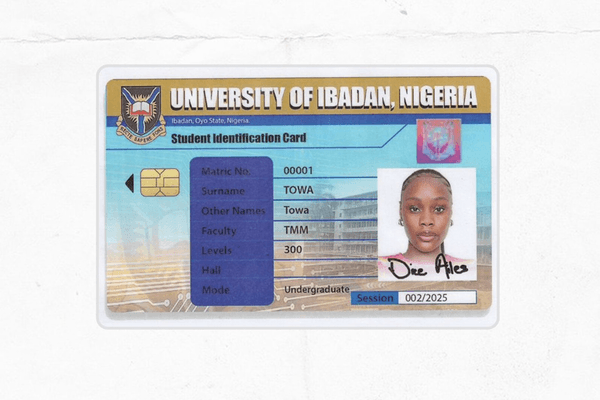
Drop Your Comments (0)